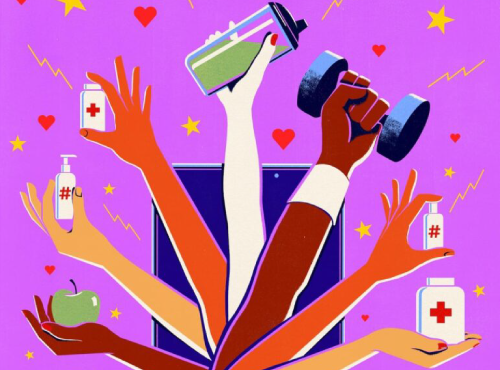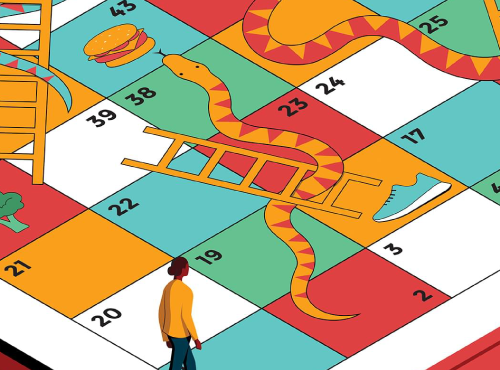
When Jane* arrived at the hospital at 6am for her surgery, she felt she had already conquered an obstacle course.
“First, I completed this long pre-surgery checklist,” Jane says. “Then I downloaded and signed a bunch of waivers and disclosure forms from the patient portal. I called the health insurance company to make sure they’d cover it. I arranged for time off from work. Finally, I convinced my sister to drive me an hour to and from the hospital and stay with me for a few days after to help me recover.”
Jane glanced at other people in the waiting room, then whispered to her sister, “I’m exhausted, and I’m lucky enough to figure this out. What if I didn’t have your help or transportation? Or a flexible job? Or housing? What if I was disabled, or if I couldn’t read or speak English?”
How is the Brigham making patient care easier to navigate? Read more at brighammag.org.
*Name changed to protect privacy.

Removing Barriers to Research
Thanks to patient advocacy efforts, researchers are doing more to ensure people from all communities can more easily participate in and benefit from clinical studies.
Brigham Magazine Related Articles

Truth, Lies, or Marketing?
How health misinformation circulates in the age of social media and how you can protect yourself and combat its spread.

Greater Expectations
Vaccines have helped double lifespans in many nations over the past 200 years. Learn how to counter misinformation around vaccines.

Ladders to Health
Brigham patients and experts share their science-backed steps for sustainable health and well-being.